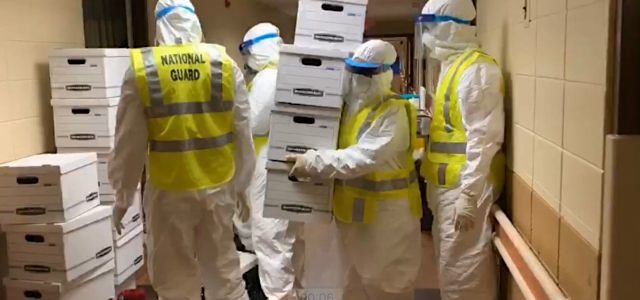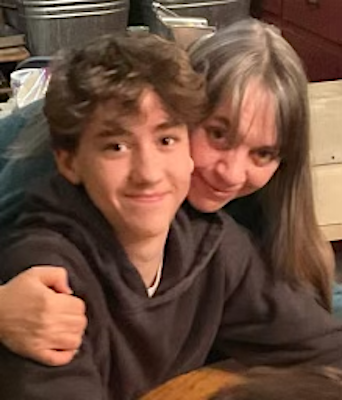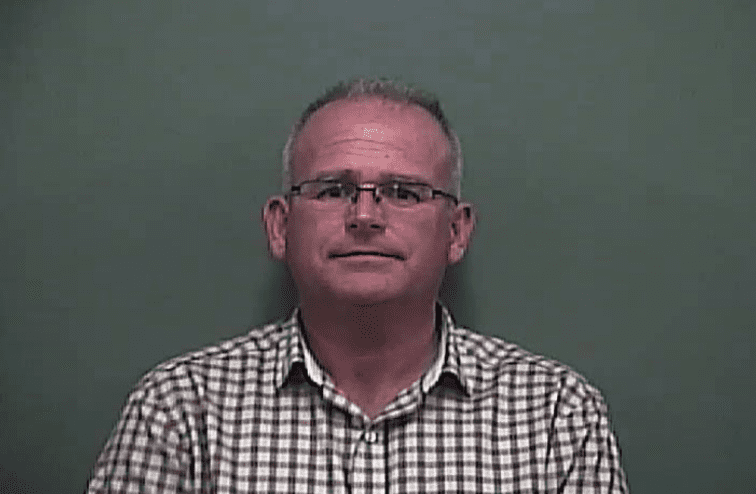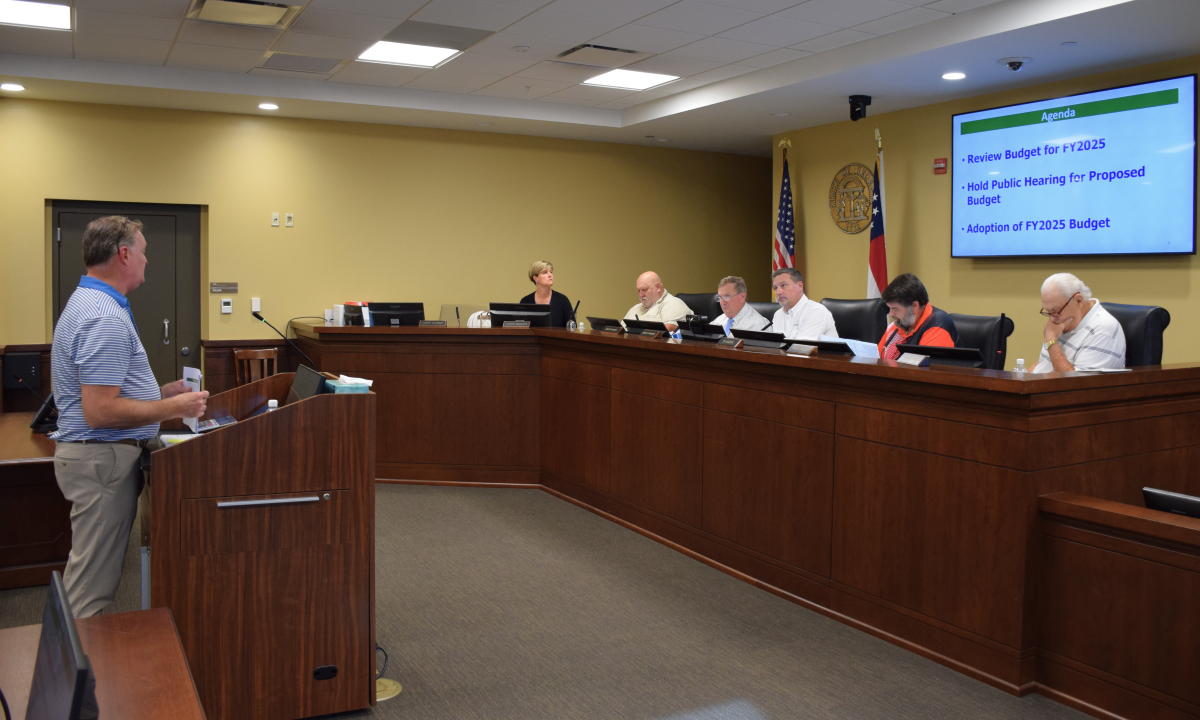
State officials report that 250 residents of Georgia long-term care facilities have died from COVID-19.
The report, released Friday, also says that more than 1,600 residents have contracted the disease within more than 200 facilities. More than 800 employees have also fallen ill.

Albany
Deaths in long-term care represent more than one-third of the state’s COVID-19 fatalities, according to state figures.
The most deaths have occurred at PruittHealth Palmyra in Albany, where 16 residents have died. More than 100 residents of that nursing home have tested positive for COVID-19, as have 45 employees.
Albany has emerged as a hot spot for the disease in Georgia, with among the highest death rates in the nation. The city is the seat of Dougherty County, which has reported more than 90 deaths.
The president of the residents’ council at the Palmyra nursing home, Mary Philmon, told GHN on Thursday that she recently tested positive for COVID-19. “I haven’t had any symptoms,’’ she said.
“We stay in our rooms,’’ she added. “They want to keep us safe.’’
The total of long-term care deaths is three times what the state reported just 10 days earlier, when Gov. Brian Kemp told reporters he had signed an executive order requiring aggressive infection control measures to curb outbreaks of COVID-19 at long-term care sites.
Older people, and those with chronic and serious medical conditions, are more vulnerable to the disease, which overall had claimed 677 lives in the state as of Saturday evening.
COVID-19 has led to thousands of long-term care deaths nationally.
A nationwide count by the New York Times has found the number of people living in or connected to nursing homes who have died of the coronavirus to be at least 7,000, far higher than previously known.

Emergency crews at Life Care Center in Kirkland
From late February into March, a major outbreak swept through a Kirkland, Wash., nursing home – and eventually led to about three dozen deaths. It was the first such concentration of COVID-19 deaths reported in the United States.
Virus tests and protective gear have been scarce inside many such facilities, the Times reported.
The Georgia report includes COVID-19 activity for nursing homes, assisted living communities, and personal care homes of 25 beds or more.
Other Georgia facilities hard hit by the virus include Arbor Terrace in Atlanta, where 15 residents have died and a total of 52 have tested positive.
Others are Dawson Health and Rehabilitation in Dawson, with 13 deaths; Joe-Anne Burgin Nursing Home in Cuthbert, where 11 have died; and PruittHealth Grandview in Athens, with 11 deaths. Ten residents have died at both Harborview Health Systems in Thomaston, and Pelham Parkway Nursing Home in Pelham.

Kemp addressing reporters Monday. Photo credit: Georgia Recorder
Kemp has charged the Georgia National Guard to deploy teams to sanitize long-term care facilities and train staff on infection control measures to stop further spread. Using 60 infection control teams, the Guard has cleaned 229 facilities, Kemp said.
The state has prioritized COVID-19 testing of residents of long-term care facilities and their caregivers, regardless of symptoms. Earlier this week, Tony Marshall, president and CEO of the Georgia Health Care Association, an industry trade group, thanked Kemp and and the state’s Department of Public Health for that policy.

Guardsmen at Pelham nursing home
“We certainly expect the number of confirmed cases in centers to increase with additional testing,’’ Marshall said in a statement Tuesday. “However, expanding testing to all long-term care residents and health care workers, even those who are asymptomatic, will allow providers to more fully implement infection prevention and control protocols.’’
One health care expert, though, sharply criticized Georgia’s handling of the problem. “The exploding number of cases and deaths in long-term care facilities is horrifying, but not surprising, given what appears to be a lack of aggressive guidance, support, and action at the state level,” said Dr. Harry Heiman, a health policy expert at Georgia State University.
Here’s an AJC article on the state’s response to COVID-19 in these facilities.







